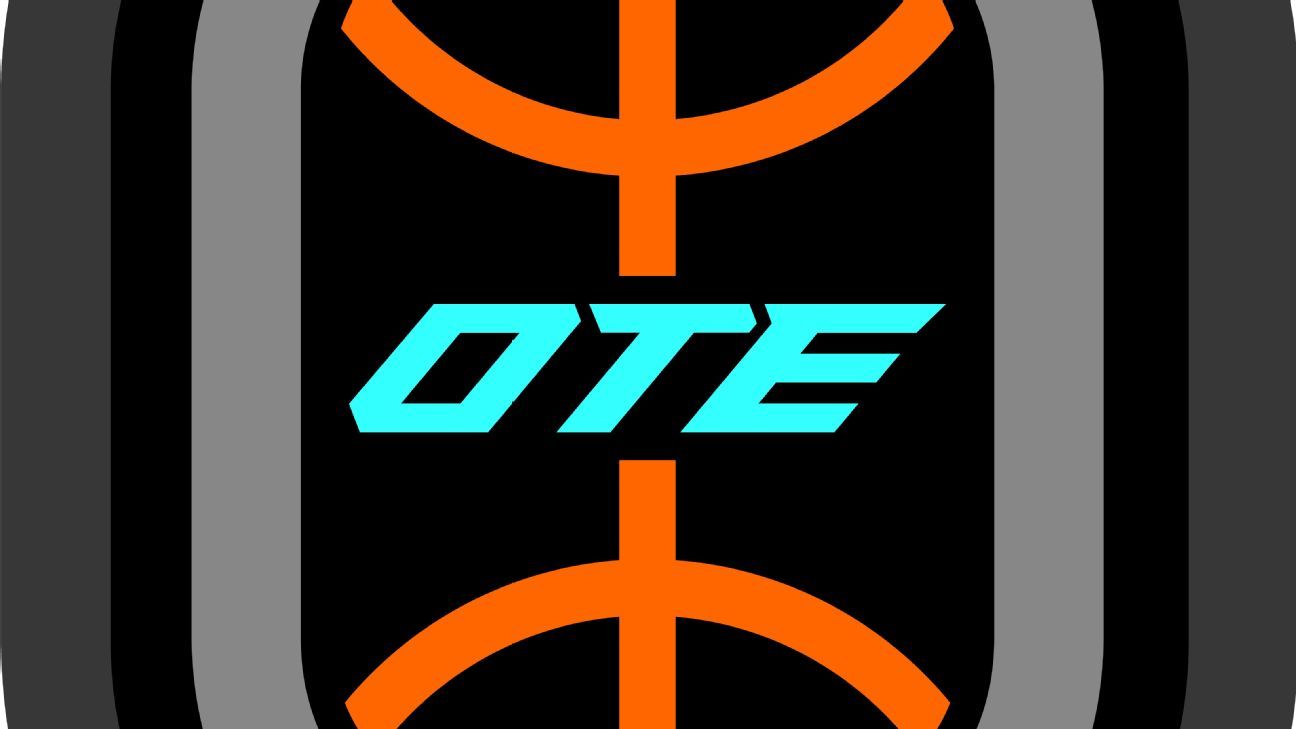
Short-form video content company Overtime announced Thursday that it is launching a professional basketball league that will compensate high school-aged players in hopes of funneling elite talent away from playing both high school and collegiate basketball, in which players are prohibited from being compensated.
Overtime will launch the league, Overtime Elite (OTE) in September, targeting top-ranked players ages 16 to 18 who are willing to forfeit their remaining high school eligibility and future college eligibility to earn six figures.
League executives hope OTE can capitalize off American high school players now choosing to eschew the traditional route of finishing a high school career and playing at least one year of collegiate ball before declaring for the NBA draft.
It's an emerging trend of "athletes trying to hack the system to find a way to really address ... preparing themselves for a pro path and a pro career," said OTE president and commissioner Aaron Ryan.
OTE will operate out of one city (which will be announced at a later date) and will consist of up to 30 total players from across the world. The teams will play not only against each other, but against competition from American prep schools and other countries. The total number of teams that will make up the league and how rosters will be constructed was not disclosed.
According to Ryan, some current players feel their high schools don't offer adequate academic and skill development and want to challenge current NCAA rules that don't allow them to profit from their likeness.
"This offering and opportunity not only gives you pro-caliber training and development in a facility that models and starts to simulate what life will be like in the NBA ... but it also provides a six-figure salary," said Ryan, who worked in the NBA for 22 years, including most recently as vice president of the NBA 2K league.
Each OTE player will earn at least $100,000 guaranteed for the season. The league also plans to compensate players through bonuses, equity in Overtime, and revenues from a player's name, image and likeness, the latter an NCAA issue that is currently being discussed in Congress.
Along with full health care benefits, OTE will offer up to $100,000 for players to use toward college tuition in the event a player doesn't go on to play in the NBA or other professional leagues.
In lieu of a traditional high school curriculum, the league will offer an academic program that it says will focus on "financial literacy, media training and social justice advocacy," according to a news release.
OTE is entering a crowded space for attracting high school basketball players who want an alternative to the current system.
Recent top prospects LaMelo Ball and R.J. Hampton played professionally overseas rather than play in college and, in Ball's case, high school. The pair were selected third and 24th overall, respectively, in November's NBA draft. The NBA G League's developmental program will pay select players with college eligibility anywhere from $125,000 to $500,000 in a season. Not to mention, states like Florida will allow players to make money from their likenesses as early as this summer.
Ryan believes OTE will bring a unique and distinct approach to addressing the concerns of young basketball players when it comes to their education and preparation for a basketball career.
"Playing college basketball is great for some," Ryan said. "But let's recognize the fact that they play over 10,000 hours of basketball for free."
Overtime, created in 2016, publishes basketball highlights, interviews with players from all levels of the sports and original content, including a series following top 2023 recruit Mikey Williams. Overtime investors include Portland Trail Blazers forward Carmelo Anthony and Brooklyn Nets forward Kevin Durant, as was the late NBA commissioner David Stern.















 Phone: (800) 737. 6040
Phone: (800) 737. 6040 Fax: (800) 825 5558
Fax: (800) 825 5558 Website:
Website:  Email:
Email: 






